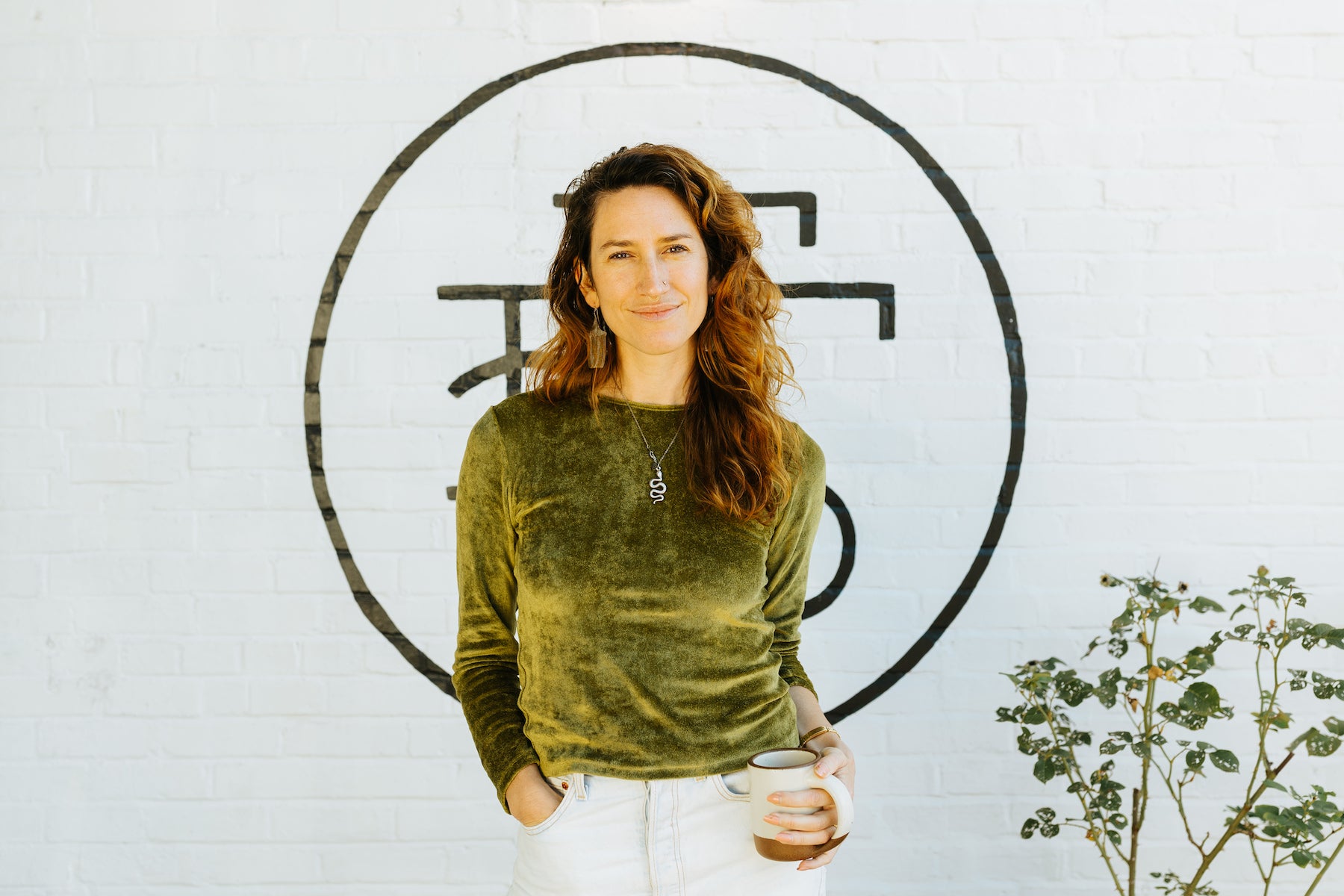Let’s be honest: There’s something of a playbook for launching a direct-to-consumer company in the Instagram age. Start with a charming founder story. Add a playful social media presence, some catchy colorways, a performance marketing campaign and a smattering of social good—hey, presto, there’s your brand. And at first glance, North Carolina pottery-maker East Fork has run it verbatim. But aside from the attractive mugs, plates and bowls, what has always set the company apart is its willingness—or, specifically, the willingness of co-founder and CEO Connie Matisse—to grapple in public with the complicated trade-offs, the messy reality and the occasionally murky ethics of running a business.
“I don’t believe that one single plate needs to be added to this world,” she tells host Dennis Scully on the latest episode of The Business of Home Podcast. “Nobody needs anybody to make another plate. Nobody needs anybody to make another bookcase, or another curtain. There is so much stuff on this planet. It runs so counter to the way that I want to be living my life to be convincing people that they need to spend money on things that I actually don’t think need to be produced.”
It’s not a normal thing for the CEO of a company that makes plates to say. But East Fork is not a normal company. Founded in 2010 by Matisse, her husband, Alex, and their friend John Vigeland, the company started as “twentysomethings, crafty people, a bunch of anarchists.” Since then, it’s grown into a thriving business and, at 130 employees, is one of the largest domestic manufacturers of dinnerware in an industry that has largely fled overseas. East Fork is also a working experiment in whether a values-driven business can deliver for its customers, its employees, its community and its investors.
Not to mention for Matisse herself. Much of the brand’s early success can be attributed to her own fluency with Instagram and her ability to forge direct relationships with the brand’s customers by sharing intimate details of her own life. It worked great, but there were trade-offs—on a personal level—and, as Matisse points out, it’s risky to bet the company’s marketing strategy on one person. East Fork experimented with hiring an outside marketing director (it didn’t work), and she’s been handing off the reins here and there, but it’s not so simple.
“I knew that the way we were approaching our marketing was not sustainable. I knew that it was effective, and I was getting lots of pats on the back for it. We really did grow the business extremely organically. We’ve spent very little money on paid advertising. And a lot of that growth can be attributed to me running my mouth on Instagram and sharing pictures of my children and really intimate relatable details with our audience,” she says. “I knew early on that I wanted to start figuring out how I could let go of the death grip that I had on the brand, but doing that was a totally different task.”
It’s a work in progress, as are the brand’s efforts to grow, along with Matisse’s own post–East Fork plans. That’s OK—normal even. “Over the last few years, we’ve all seen so many businesses come and go, and so many founders say, ‘This is my elevator pitch and this is what we’re disrupting and this is the purpose we’re bringing!’ And it’s just like the same spiel over and over again,” says Matisse. “There was a point in my life where I was a little bit better at that, but it never really held water after a few months. Those things need to evolve, and you need to question yourself and be like: How much good are we really doing in the world? … I’m not the type of CEO/founder who has a canned answer for ‘What does purpose mean?’ For me, it really changes every day.”
Listen to the show below. If you like what you hear, subscribe on Apple Podcasts or Spotify. This episode was sponsored by Crypton.
Homepage image: Connie Matisse | Darrell Cassell





























